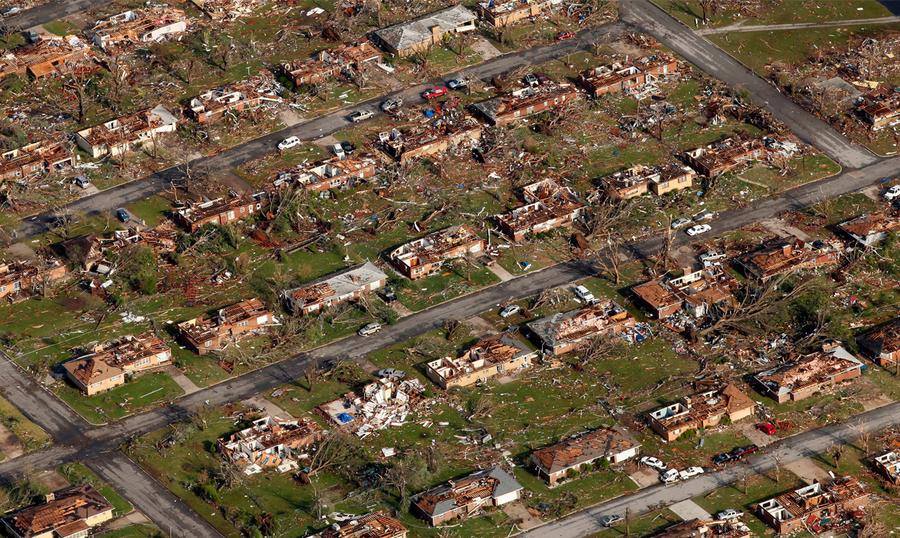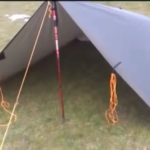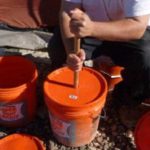The Impact of Local, Regional and National Disasters
The vast majority of disasters that we encounter are localized and confined to a relatively small area. While this makes providing relief services as well as access to basic essentials easier, it also gives us a false sense of security that this will always be the case. Let’s look at how the outward expansion of disasters can make it more difficult to get basic services that may end up leaving us to our own devices.
Joplin Tornado
When the massive tornado swept through Joplin, Missouri a few years ago, it leveled the city and left tens of thousands of people with absolutely nothing. Even the strongest structures, such as schools and municipal buildings were completely destroyed. It was a disaster the region has never experienced, and it took its toll on emergency services and standard disaster response efforts.
Despite the utter devastation left in the wake of the tornado, surrounding communities were able to come and offer assistance. Everyone from police, fire and ambulance personnel, as well as kind-hearted neighbors pitched in and helped to give displaced residents at least minimal options. County and state disaster management services were quickly deployed, and it only took a few hours to have shelters established and food, water and medical services deployed.
This is a textbook example of how good planning and kind people can minimize the impact that being in a survival situation has on the average family. However, larger disasters that impact a broader area make it more difficult to render assistance. This is also when people feel the brunt of living with a false sense of security.
Small disasters can pull in resources from other areas that have nothing on their plate, and resources can be diverted to care for those in need. However, if a disaster impacts people on a regional level, those services will need to be employed in their location before extra resources can be dedicated to outlying areas. The same can be said for state or national emergencies.
The Outward Expansion
This is what I call the outward expansion of disasters. As they impact larger areas, and resources become more stretched, everyone will feel the pinch to one degree or another. Consequently, things that people count on having access to in a short period of time, such as basic services and shelter, may not be available for days or even weeks. This is especially true if we face a national crisis that stretches our already limited disaster relief resources to the limit.
Prepare for the Worst

This is why it’s so important that all of us have a bug out bag, some kind of food stockpile and a plan in place in terms of relocating if necessary. There may very well be a situation that we face where we can’t get fast and comprehensive assistance. This possibility can cause us to be on our own and left to our own devices to ensure that we have what we need until the dust settles and help arrives. This was the case with Hurricane Katrina. While that emergency-response debacle served as a wake up call to improve planning, any improvement that may have been put into place since then have not yet been fully tested.
Consequently, we have no idea what services will be available when we face a similar or worse crisis in the future. Never think for a second that you’re guaranteed to get help quickly after a disaster. Always plan for the worst and hope for the best. This is the only way that you can give yourself a fighting chance to minimize the impact the disaster will have on you and your family. While the response to the Joplin tornado was nothing short of remarkable, this is not normal, and it was a rarity. Never give yourself a false sense of security, because doing so can actually do more harm than good if help doesn’t arrive in a timely manner. Prepare now so you don’t have to take these chances later.















